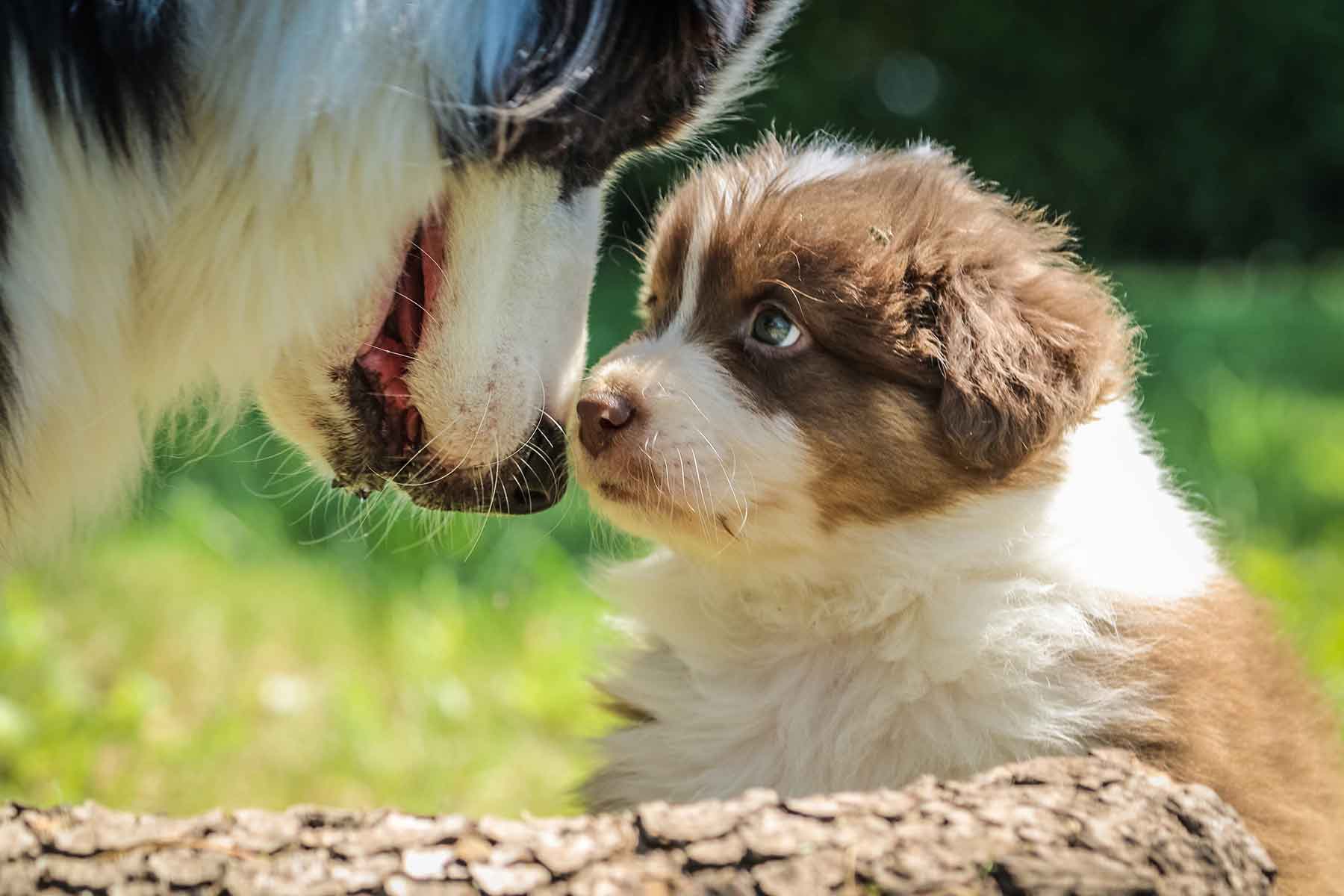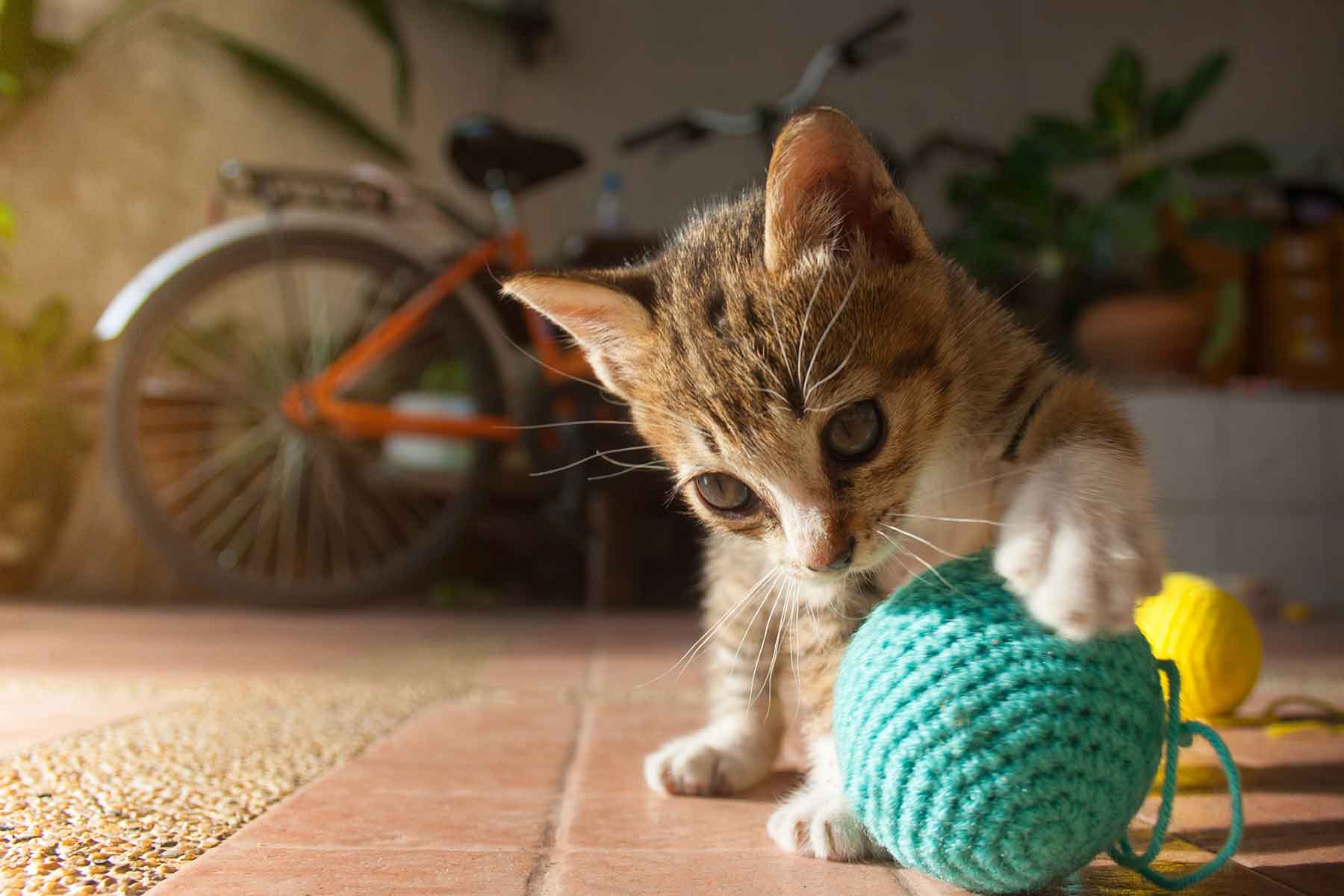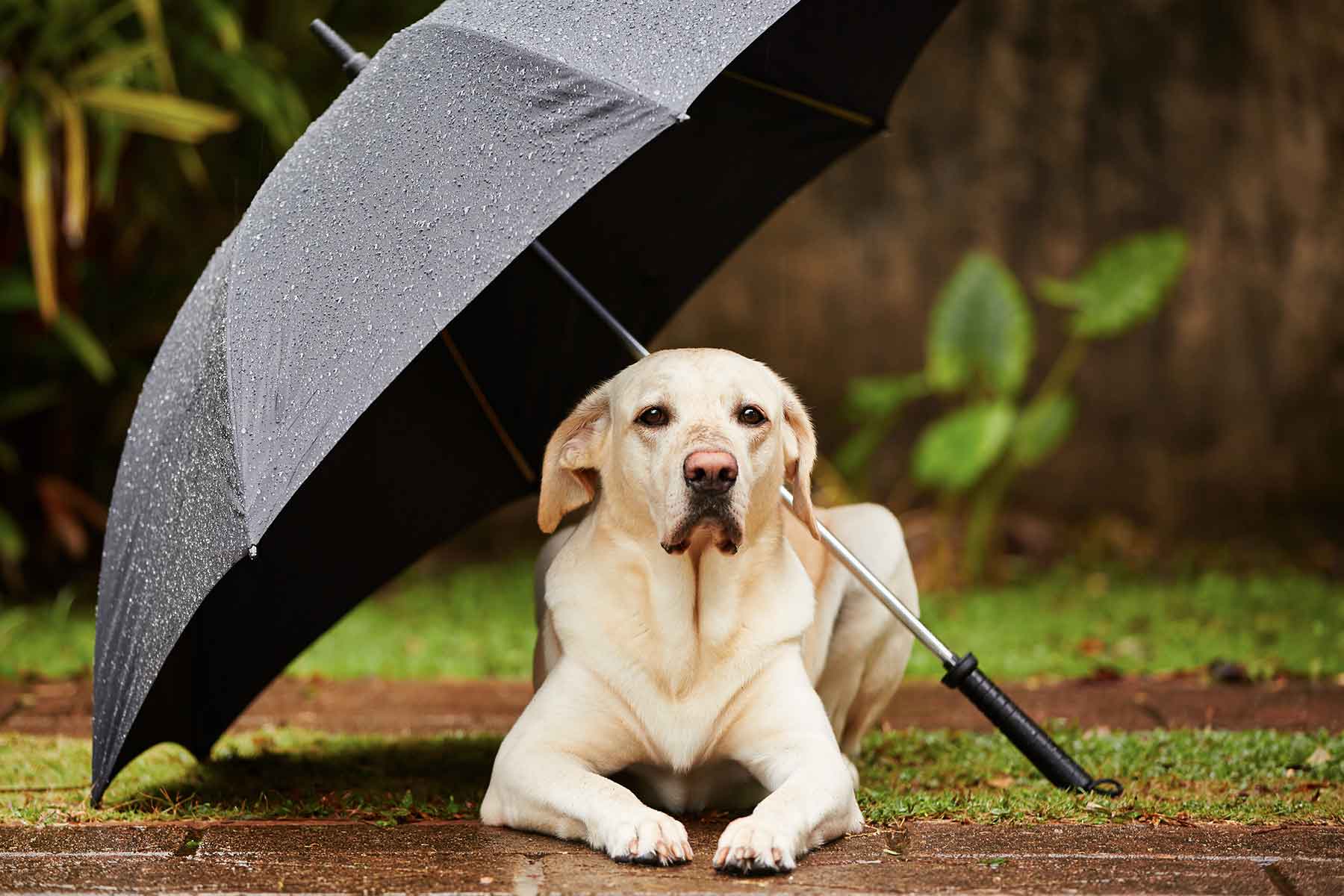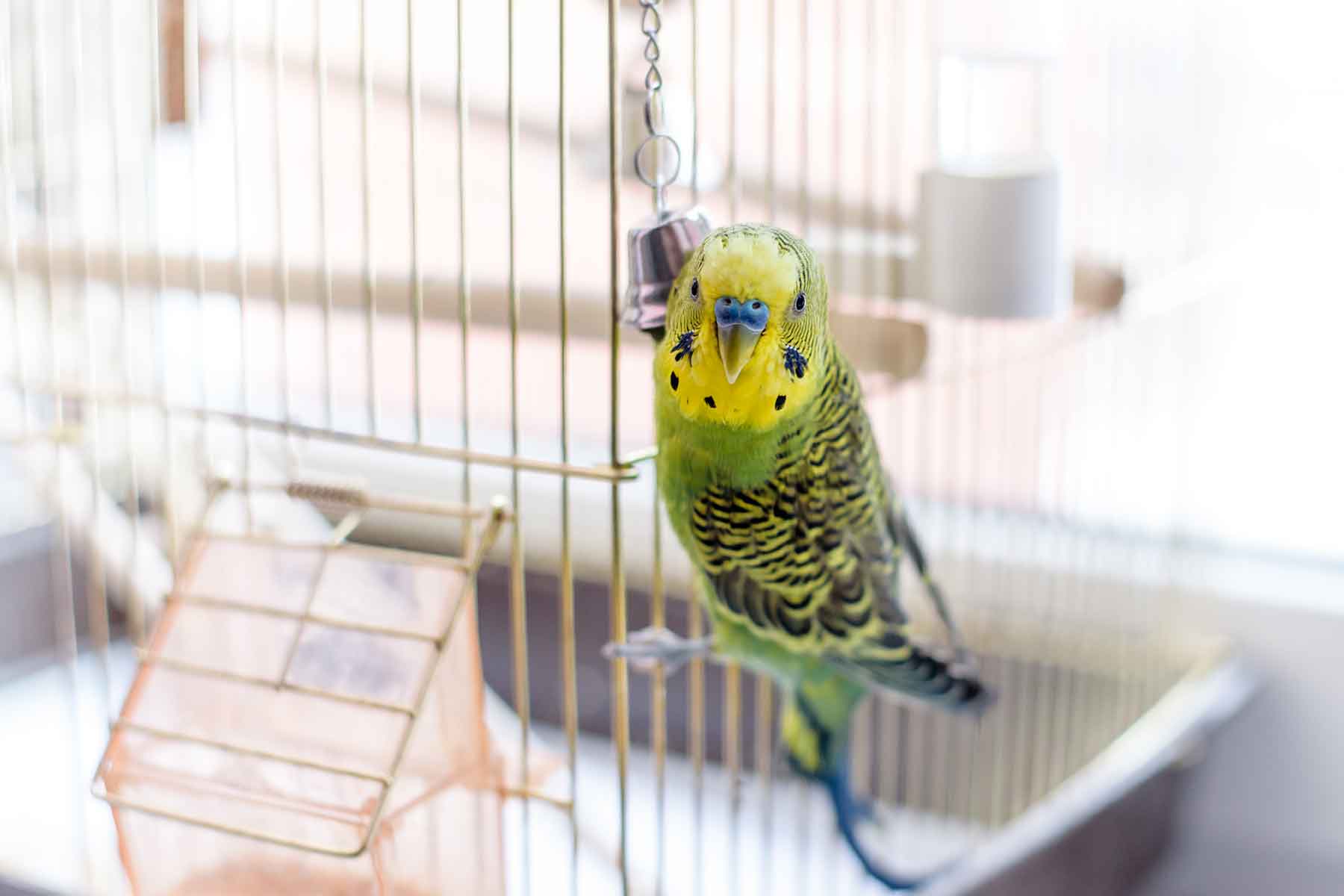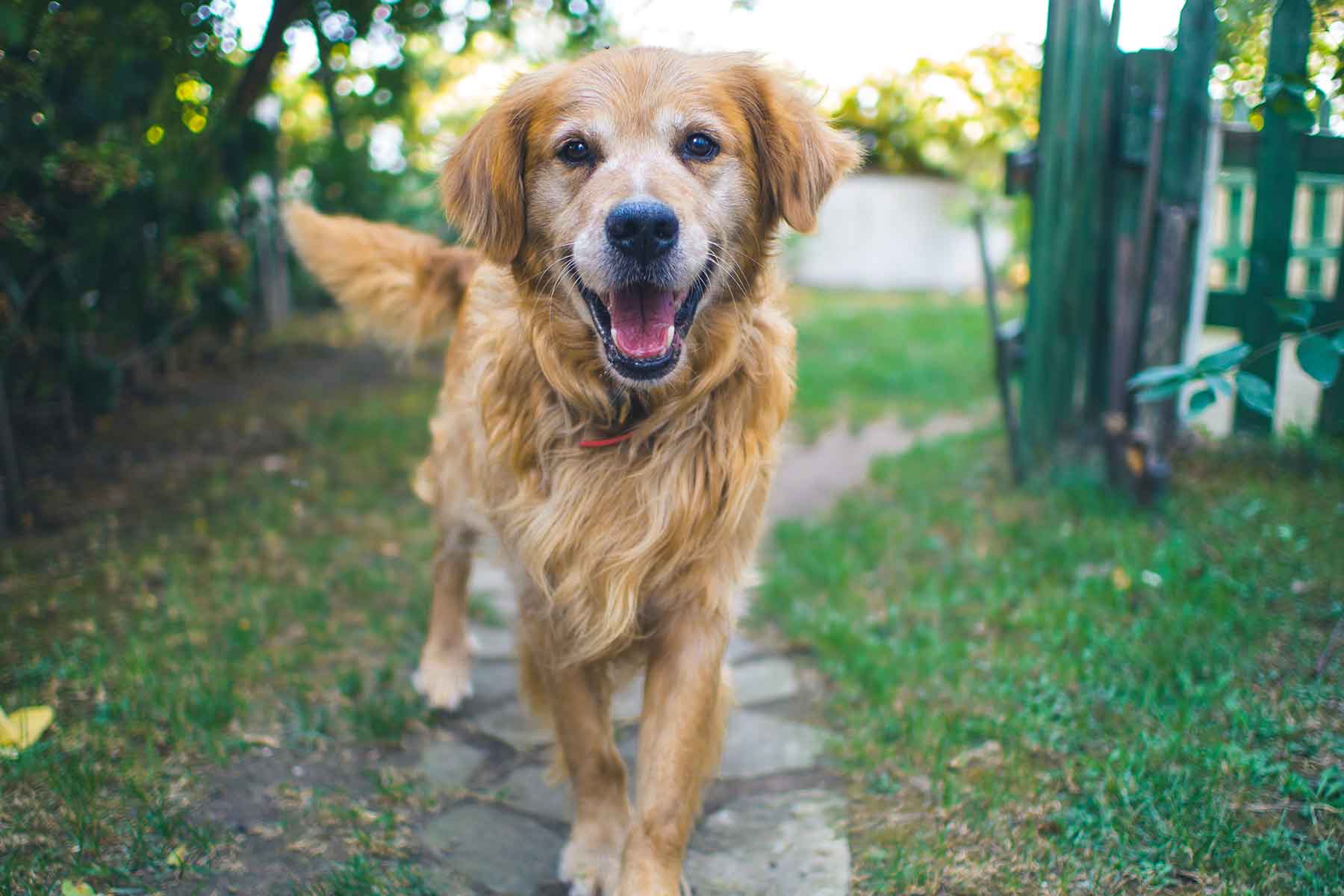As you are probably aware, the controversial topic of dog attacks and biting has dominated news headlines over the past few months. Responsible pet ownership and teaching your family how to approach and be approached by an unknown dog are two key activities that will help reduce the incidence of dog bites in Australia. There are many reasons why a dog may bite: fear, to protect territory, to establish their dominance over the person being bitten, or as a form of play.
How to avoid dog bites…
- see and sniff you first before you pat him/her
- Only approach dogs you know, particularly one who is tied or confined behind a fence or in a car
- Be cautious approaching a dog while he/she is sleeping, eating, chewing on a toy, or caring for puppies
- Assume that a dog sees you as a potential threat
- Always treat yours and other pets with respect
- As a pet owner make sure your dog is well socialised both with humans and with other dogs. If you have a puppy we highly recommend our puppy pre-school classes for this reason.
What happens if you are ever approached or attacked?
- If a dog approaches to sniff you – remain still. When it determines that you’re not a threat it will walk away.
- Never turn your back on a dog and run away. It will chase and catch you.
- Avoid eye contact and remain motionless. Once the dog loses interest in you, slowly back away until he is out of sight.
- If the dog does attack, “feed” him your jacket, bag, bicycle, or anything that you can put between yourself and it.
- In an extreme situation, drop to the ground, roll up in a ball, and protect the nape of your neck with your hands. Remain motionless. You should also do this if you are knocked to the ground.
Advice for parents
Because children are the most frequent victims of dog bites, parents and caregivers should supervise interaction between dogs and children at all times. Also:-
- Educate children on how to interact with a dog, and how to approach a strange dog.
- Be wary of children who are raised with tolerant dogs when around other dogs.
- Be a role model on how to behave around dogs and strange dogs.
- Select and train a puppy that suits your lifestyle and living arrangements.
If you would like to organise a pet education session for your school or community group we are happy to visit you. Ask our healthcare team for more information.

